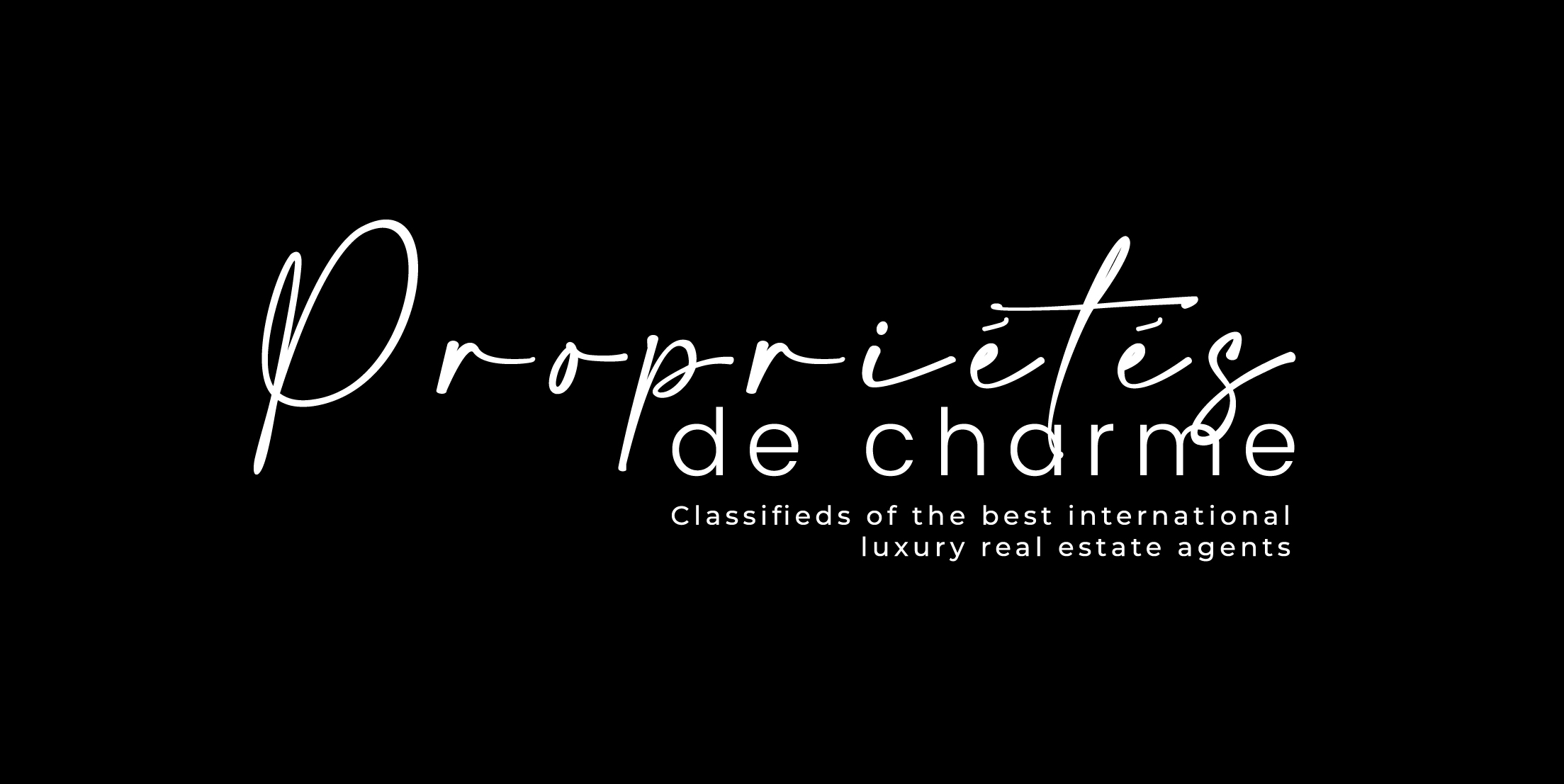Luxury Real Estate: Differences between Compromise and Promise of Sale
Discover the differences between compromise and promise of sale in luxury real estate. What document should you sign to guarantee your transaction?
Introduction
When selling or buying a luxury property in France, it is essential to understand the different contractual steps involved. Two key documents in this process are the sales agreement and the promise of sale. Although they are often used interchangeably, they have important differences. This article explores these distinctions, helping you determine which one to sign based on your situation.
Understanding the Promise of Sale
The promise of sale is an agreement by which the seller undertakes to sell his property to a potential buyer. Here are the main characteristics of the sales promise:
- Unilateral commitment : In a promise to sell, the seller undertakes to sell, but the buyer is not obliged to buy. This gives the buyer the opportunity to abandon the purchase without penalty, under certain conditions.
- Reflection period : In general, the promise of sale includes a reflection period, often 10 days, during which the buyer can decide to abandon the purchase.
- Conditions precedent : It may include conditions precedent, such as obtaining a real estate loan or other administrative authorizations.
Understanding the Sales Compromise
The sales agreement, for its part, is a bilateral contract which binds both the seller and the buyer. Here are its main characteristics:
- Mutual commitment : In the sales agreement, both parties undertake to complete the transaction. If one of the parties does not respect their commitments, they can be taken to court.
- Security deposit : When signing the compromise, the buyer generally pays a security deposit, often between 5% and 10% of the sale price. This deposit is lost if the buyer withdraws without valid reason.
- Conditions precedent : Like the promise, the compromise can also include conditions precedent, but once these conditions are lifted, the commitment is firm.
When to Sign Each Document?
- Promise of Sale : The promise of sale is often preferable when the buyer is not yet sure whether he wants to continue the transaction, particularly if he has to sell another property or obtain financing. It offers more flexibility.
- Compromise of Sale : Compromise is recommended when the buyer is ready to move forward with the transaction and has already made the necessary arrangements. It establishes a firm commitment from both parties, which is often sought in the luxury real estate market.
The Benefits of Each Document
- Promise of Sale :
- Allows a period of reflection for the buyer.
- Offers more time to arrange financing.
- Sales Agreement :
- Creates a stronger commitment, reassuring the seller of the buyer's wishes.
- Facilitates the sales process, often faster than promised.
Conclusion
Choosing between a promise of sale and a sales compromise depends on your particular situation as a buyer or seller. The promise offers more flexibility, while the compromise establishes a firm commitment. It is recommended to consult a notary or a real estate agent specializing in luxury to determine which option best suits your real estate project.
Follow “ ProprietesDeCharme.com ” on YouTube but also on Facebook Twitter LinkedIn Instagram Pinterest


